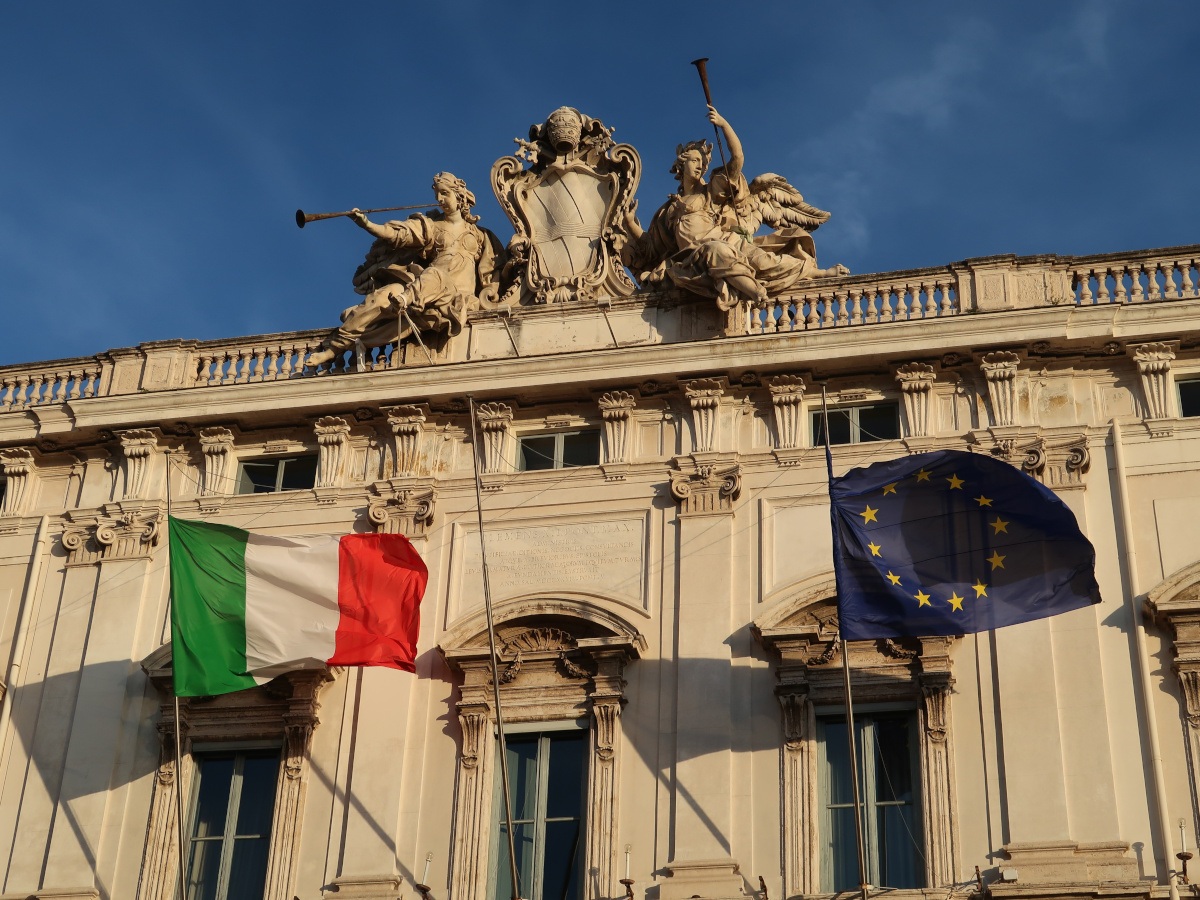![]()
Italy argues that free user registrations should be viewed as a taxable transaction.
US tech giants Meta, X and Microsoft-owned LinkedIn have appealed against a VAT claim totalling more than €1bn by Italy, sources told Reuters yesterday (21 July).
This is the first time that Italy has failed to reach a settlement agreement after bringing tax cases against Big Tech firms, the publication said. As a result, tax court proceedings have been initiated.
The issue arose when Italian authorities went beyond agreeing on a settlement figure, arguing that free user registrations on X, Meta and LinkedIn’s platforms should be viewed as a taxable transaction. Italy argues that free user registrations imply an exchange of a membership account in lieu of a user’s personal data.
In total, Italy is claiming nearly €890m from Meta, €12.5 from X and around €140m from LinkedIn. The country’s unprecedented tax claim from Big Tech corporations could set a tax precedent affecting all of EU where VAT is a harmonised tax.
According to Reuters, the Italian approach to taxing could negatively affect nearly all companies operating in the EU who link free services to users accepting profiling cookies and personal data transfers.
In a statement to the publication, Meta said that it “strongly disagrees with the idea that providing access to online platforms to users should be subject to VAT”.
Italy is seeking advisory opinion from the European Commission, sources told the news agency.
This comes at a time when the US has taken a hostile stance against EU, calling its fines against US Big Tech firms a “novel form of economic extortion”.
At the AI Action Summit in Paris earlier this year, US vice president JD Vance criticised the EU’s regulations on Big Tech and said that some of the US’s “most productive companies” are “forced” to deal with regulations that push to take content down and police “so-called misinformation”.
Moreover, with tariffs looming over the region’s head, experts argue that perhaps the EU should have its own social media ecosystem, considering that Washington will ward off attempts at regulating tech companies in the EU.
Don’t miss out on the knowledge you need to succeed. Sign up for the Daily Brief, Silicon Republic’s digest of need-to-know sci-tech news.
